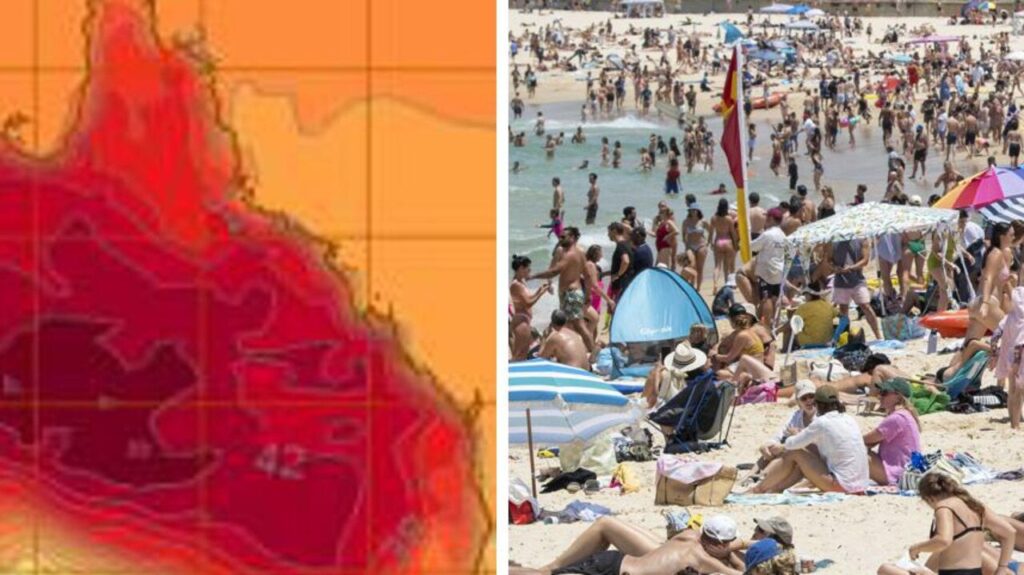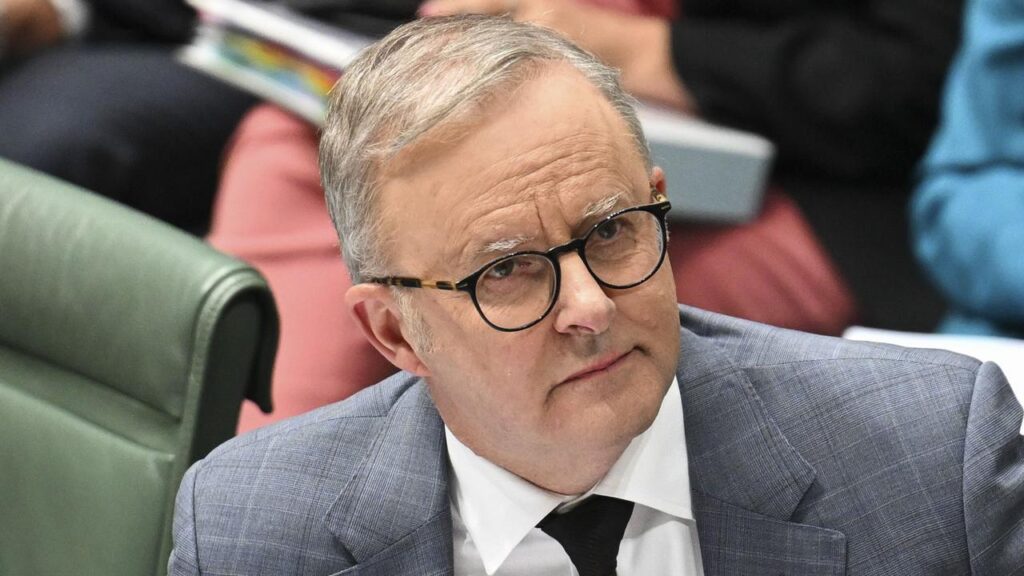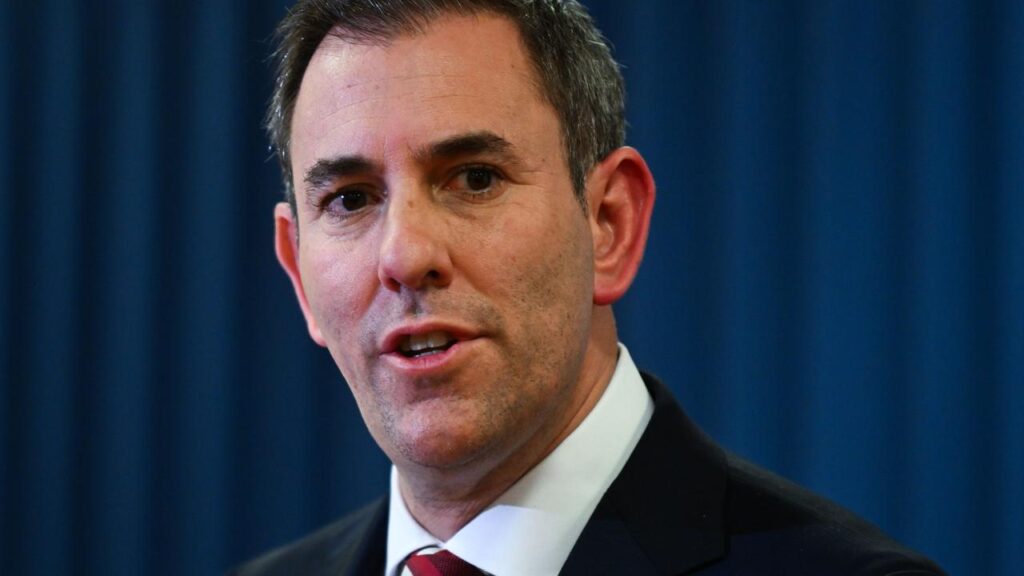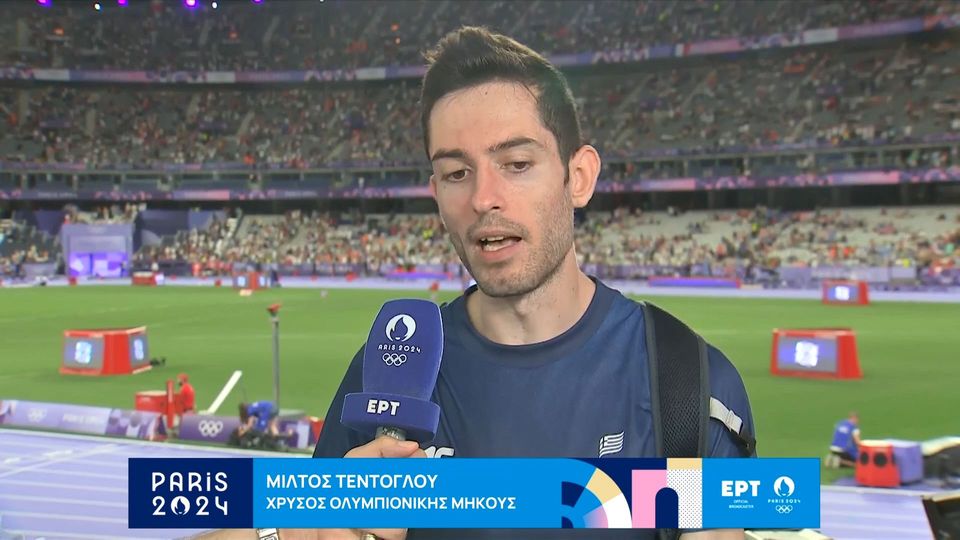Key state ‘struggling’ with cost of living
Written by admin on August 7, 2024
Cost of living pains are affecting Australians differently depending partly on where they live, with one major state particularly struggling.
Reserve Bank Assistant Governor Sarah Hunter on Wednesday said economic conditions varied across the country, describing the economy as “full of lots of individuals who have their own personal experience.”
But some were doing better than others, she told the select committee into the cost of living.
“We are aware for some people right now it’s really tough,” Dr Hunter said.
“Victoria is really struggling right now as one of the relative underperformers, Tasmania as well.
“But equally, we can see Queensland, Western Australia [and] South Australia look like they’re doing a bit better.”
The RBA announced on Tuesday it was holding the official cash rate at 4.35 per cent, giving some reprieve to mortgage holders.
But the board has said there will be no cut in the rate this year as the battle to rein in inflation continues.
Dr Hunter said she did not expect inflation to return to the target range of 2-3 per cent until December 2025, repeating the RBA’s forecast released on Tuesday.
In a nutshell, households are more inclined to spend cash, pushing up consumer demand. But economic capacity, or the ability of business to provide services, is dwindling.
In its decision on Tuesday, the RBA said it expected public spending to increase from 2.1 per cent to 4.1 per cent.
Committee chair senator Jane Hume pressed Dr Hunter on the detail, asking if public spending was driving inflation.
The assistant governor said it was one aspect the RBA was monitoring but made clear it was only one piece of the puzzle.
“For us, we’re really concerned with the whole of the economy and how it’s progressing,” she said.
She added no one level of government was responsible for the jump in public spending because the RBA considered the data in its totality.
Earlier on ABC radio, Treasurer Jim Chalmers said federal government policy, including $300 energy rebates for households for the 2024/25 financial year, was being “helpful” in lowering inflation.
But Dr Hunter said that would only have a short-term and temporary effect.
“In the context of those policies being temporary, they’ll have an impact (on inflation) this year, (and) they’ll have an impact next year,” she said.
More Coverage
“But in terms of being a sustained return to target, that’s not something that we can see coming from those particular policies because they are only legislated for one year.”
The hearing comes amid dire warnings from non-profits across the country, who say Australians are becoming poorer as they struggle to manage basic costs.
More to come







